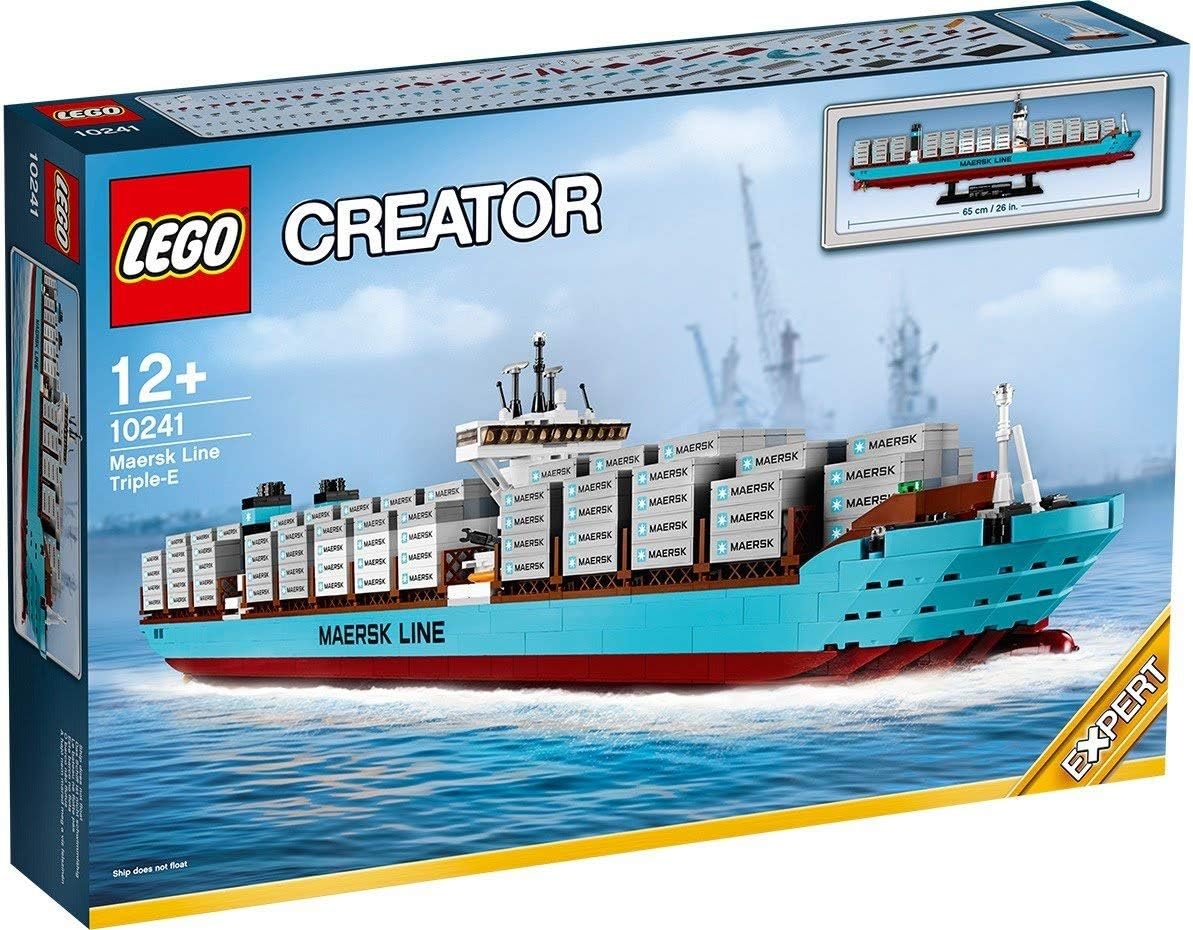EX WORKS INCOTERM, A TRADE TERM TO BE HANDLED WITH CARE.
There are reasons to believe that most companies using EXW lack a basic knowledge of the trade term and are probably unaware of the nature and characteristics of this trade term, therefore they may be incurring in risks and uncertainties unnecessary and easily avoidable.
According to EXW “the seller must deliver the goods by placing them at the disposal of the buyer (…) at the named place of delivery, not loaded on any collecting vehicle” (EXW A4). That is to say, the seller must notify the buyer that goods are ready for their disposal and transport. A notification (by means of email, fax, phone or, why not, a whatsapp) that might easily be considered delivery (=seller’s liability) and transfer of risks.
Under F- and C- terms delivery is related to handing them over to a carrier, whereas in EXW (and also in D-terms) delivery means placing the goods “at the disposal of the buyer”, which is not as clear-cut a definition as the F- and C- idea of handing goods over to a carrier”. When the contract does not address this specific issue, e.g. by establishing a certain number of days before delivery and after the seller’s notification, then such delivery may be understood as taking place immediately after notification.
Delivery may also be the triggering event that prompts the right of the seller to be paid (=buyer’s liability). When the contract (be it a long and detailed one or a mere exchange of a couple of faxes) is not clear about transfer of property (which is different from transfer of risks) and payment, then the applicable law might require payment of price by the buyer.
As an example of this obligation to pay, we can take a look at article 58 of the UN Convention on Contracts for the International Sale of Goods: “if the buyer is not bound to pay the price at any other specific time, he must pay it when the seller places either the goods or documents controlling their disposition at the buyer’s disposal in accordance with the contract and this Convention”. And according to EXW the goods are placed at the buyer’s disposal when they receive the seller’s notification.
As a consequence, merchandise may be lodged in the seller’s premises for a time before the buyer takes effective delivery (EXW B4). However, that period, when the goods have not left the seller’s premises but may nevertheless be considered delivered to the buyer (as per EXW A4), is a length of time where the goods are under the responsibility and at the risk of the buyer. Therefore:
The seller should consider whether to acknowledge in their books the actual and real condition of the goods in accordance with the delivery terms agreed with the buyer. That is to say, a shift in the books from stocks or inventory to a legally enforceable claim for payment (a receivable).
From that moment, despite the goods still being deposited in the seller’s premises, the risk for that seller would not be a risk of damage (since, as a result of the goods having been delivered to buyer, there is no insurable interest on the seller’s side). The buyer is the one to be insured for damages, since risks and responsibility over the goods have been transferred to them. Do the buyers have checked with their insurer that they have a right to be indemnified for damages taking place in the seller’s premises (probably in a remote place and completely unknown by the insurer)? Or the other way round, do the sellers have checked with their insurer that they have a right to be indemnified for damages in their premises but to goods than have been contractually delivered to the buyer?
Accordingly, the risk for the seller might well be a credit risk from the very moment when they notify that the goods are at the buyer’s disposal. And credit risks are covered by means of some sort of credit insurance and not by a cargo insurance or any general insurance for damages. The goods have been delivered (responsibility has been transferred) to the buyer, and the seller has no insurable interest any more. Consequently it may be difficult for the seller to enforce a claim for indemnity or compensation in case of loss or damages.
On the other hand, EXW means “it is up to the buyer to (…) carry out all customs formalities for the export of the goods” (EXW B2). Therefore it is for the importer to take the responsibility of exporting (when exporting takes place, which is not the case for an internal EU movement). As a result:
The buyer has to make sure that they are able to carry out all customs formalities at the country of their provider, the seller. It is not that obvious, and in most countries it is not only impractical but directly unfeasible, unthinkable.
In many countries (such as Spain and the EU) the seller may invoice exports with no VAT included, but such a VAT-less invoice needs to satisfy some conditions and proof that the goods were sold abroad. In the EU (and probably in most countries) the exporter needs to have the corresponding customs form duly completed (SAD or Single Administrative Document within the EU, when goods leave the single market), but also they have to be able to produce a proof of movement of the goods (such as a transport document). However, with EXW the SAD form would be completed by the buyer (through a local freight forwarder). The seller needs to ensure that he will have access to a copy of that document; otherwise the exporting country customs authority may consider the file incomplete for tax purposes. In some countries (such as Spain), the seller can obtain an online evidence of the SAD form declared by the buyer, but that is not always the case.
The seller should also take into account that all customs formalities and export declarations are carried out by the buyer, but still it is the seller who is liable and responsible to its customs authorities. Any irregularity or malpractice incurred by the buyer is to be borne by the seller.
Moreover and according to what has been said before, an EXW delivery occurs prior to any transport taking place. In fact EXW is suited for transactions where goods have already been transported prior to the contract of sale (consignment sales), or will not be transported under the contract of sale, or are collected by the buyer with its own means of transportation (ICC Guide on Transport and the Incoterms 2010).
Accordingly, both buyer and seller should consider the peculiarities of an EXW delivery when it comes to a documentary credit:
Any documentary credit related to an EXW sale should not require a transport document. Should the LC so demand, the seller would be in a position where they would have a responsibility that goes beyond what had been agreed under an EXW contract. That is to say, under the LC the seller would have to provide a transport document (or even a non-transport document such as an FCR), whereas under the contract there is no need for a transport document (or delivery to a freight forwarder). As a result, they might be entitled to payment under the contract but not under the LC.
This flaw or inadequacy between both liabilities (LC and sales contract) may also be inconvenient for the buyer. That is especially the case when the buyer is unaware that they have taken responsibility of the goods and might even be incurring a payment obligation, despite not having paid under the LC.
Which is then the most suitable trade term to be used instead of EXW?
The closest and probably the most suitable is FCA. When contracting FCA, delivery takes place when the goods are handed over to the carrier at the seller’s premises, and probably this is the purpose behind many EXW users (FCA also deals with delivery at the carrier’s terminal or premises). In any case, delivery is to the carrier contracted and paid by the buyer. That is to say, the lapse of time when goods are stocked at the seller’s premises is a risk and responsibility of that seller and not of the buyer, as it might be in the case of EXW.
Furthermore, all customs formalities related to exporting are for the exporter and not for the importer, as in EXW. And when payment is settled by means of an LC, a transport document is welcomed. All in all, FCA should be taken into consideration by both buyer and seller, since it may result more “natural” to the transaction intended and solves in a simple manner many of the inconveniences and difficulties mentioned so far.
CPT and CIP might also be considered, since delivery takes place in both terms when the goods are handed over to the carrier at the seller’s premises, but this time to the carrier that is contracted and paid by the seller (not by the buyer as in FCA), with no insurance (CPT) or including and insurance (CIP).
EXW is therefore a trade term to be used with care, but most frequently we find it used in an inadequate way, what may involve important risks and costs that the parties are unaware of (which is two times dangerous).





Want to say THANK YOU!? Spend some time on our ADS Sponsors pages (Google ADS Banners). One click is more than enough!